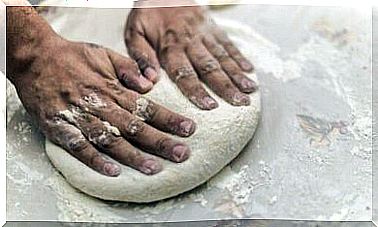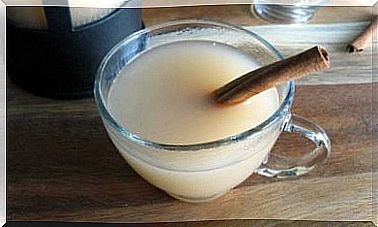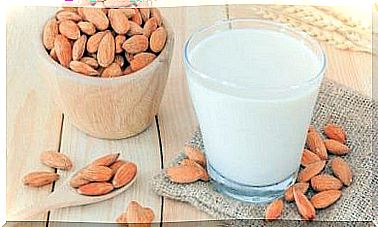Low-calorie Mediterranean Diet: How To Best Follow It
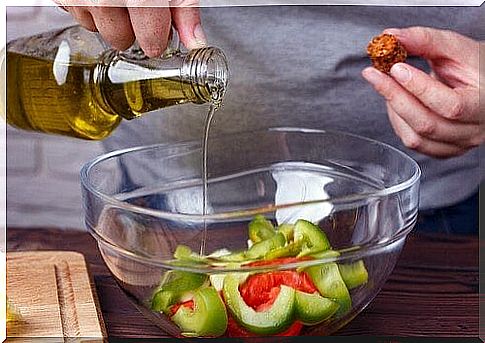
Our food model is a true treasure trove of health. Furthermore, following a low-calorie Mediterranean diet has been shown to offer numerous benefits. Here are what factors to consider to make it healthy, effective and tasty.
The Mediterranean diet is a source of health
There are many benefits that the Mediterranean diet offers to our health. Most are associated with the ability to prevent chronic diseases such as obesity, type 2 diabetes, cardiovascular disease, triglycerides and high cholesterol.
In recent decades, the Mediterranean diet has been the subject of numerous scientific studies. Among these, the Predimed research (Prevention with the Mediterranean diet) stands out, which studied the effects of the Mediterranean diet on 7400 volunteers for 5 years.
Predimed-plus, the low-calorie Mediterranean diet
This is the main conclusion of the Predimed-plus study. It was also observed that patients subjected to this dietary model showed “improvements in the control parameters of glucose metabolism, lipid profile and some inflammation indices compared to patients who did not follow it”.
These results are encouraging in the face of an increasing rate of overweight and obesity. Adherence to the diet (ie the ability to follow it in the long term) is a crucial point to enjoy its benefits and to really improve one’s health. The benefits of the low-calorie Mediterranean diet are well known, but how do you put the basic principles into practice?
The 5 key points of the low-calorie Mediterranean diet
A calorie restriction cannot be done at the expense of quality or the right balance between macronutrients. Furthermore, it is important to respect the basic principles of the Mediterranean diet in order not to lose its effects.
To avoid making mistakes for our health, it is good to respect these rules. Only in this way is the low-calorie Mediterranean diet destined for success.
1. Vegetables, protagonists at the table
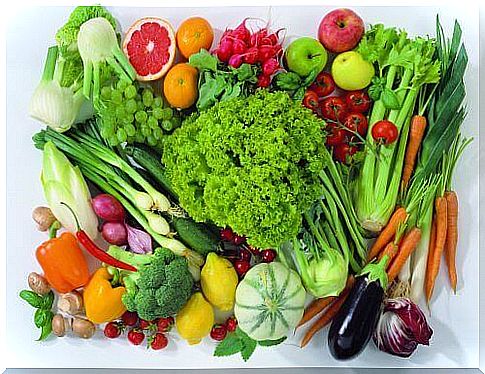
Fruits and vegetables are an important source of antioxidants, fiber and vitamins. These nutrients help us prevent cardiovascular disease and other ailments.
In a low-calorie Mediterranean diet, vegetables should be the main dish. If they represent half of the food we eat, at lunch and dinner, it means that the portion is correct.
A trick to not fail in the diet : eat a portion of vegetables in salads or grilled as a first course. They are light, keep us hydrated and fight water retention. Furthermore, if chewed well, they have a satiating effect thanks to the contained fibers. The vegetables with which you can prepare tasty salads are numerous:
- tomatoes
- lettuce
- carrots
- peppers
- onions
- cucumbers
- spinach
- endive
- radishes
- celery
- pumpkin
- zucchini
- aubergine
- mushrooms
You just need to pay attention to the extra ingredients. If we add a lot of cheese, tuna, corn, olives or pasta, they stop being low-calorie dishes.
2. A nutritious breakfast
To follow the low-calorie Mediterranean diet it is not necessary to eliminate any meals. For breakfast we can opt for a slice of toasted wholemeal bread with cherry tomatoes and olive oil, accompanied by a little raw ham, tuna or a slice of cheese.
Another healthy choice is a bowl of natural yogurt or kefir with fresh fruit salad and a handful of dried fruit.
Instead, white bread, breakfast cereals, biscuits or soluble cocoa should be avoided. They typically contain large amounts of sugar and, although they are very tasty, they keep us full for a short time.
3. Eggs, legumes and fish: protein sources
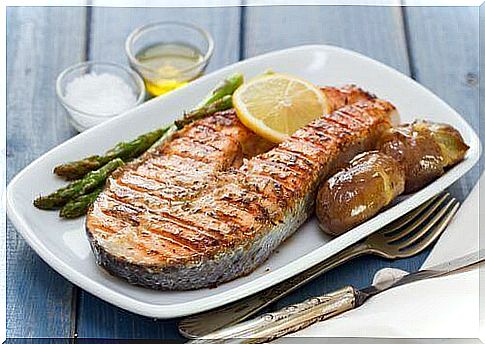
To accompany the vegetables, it is best to choose a good quality protein source. Blue or white fish and eggs are low calorie foods that we can cook in a healthy way. On top of that, protein-rich foods have a longer lasting satiating effect.
We can cook fish in the oven, griddle or steamed and season it with spices or herbs to flavor. The eggs can be cooked in an omelette with a little oil.
Legumes are also a good source of protein, fiber and mineral salts. They too are part of the Mediterranean diet, however their consumption is being lost a bit. It would be good to recover this habit because they are very good for health. Added to the salad, two or three times a week, they allow us to obtain a complete and nutritious dish.
4. Fats, always present in the diet
Fats are the nutrients that provide the most energy, but they are also essential for the proper functioning of the body.
It is therefore not advisable to eliminate them from the diet, even if you want to lose weight. The important thing is to make a good choice and not to overdo the quantities.
Extra virgin olive oil (EVO) is one of the healthiest fats we can find. It will therefore be the first choice for seasoning and cooking our dishes. We can also make delicious vinaigrettes with lemon or orange juice, vinegar and fresh herbs.
Nuts also provide healthy monounsaturated fats. It also has a satiating effect and offers plenty of fiber, ideal for regulating intestinal transit. A handful a day, for breakfast or as a snack, will suffice; better natural or toasted. On the other hand, the fried, salty versions or with the addition of flavor enhancers should be avoided.
5. To break hunger, light and healthy food

It is important to plan your snack and snack, and the same is true when you are forced to spend several hours on an empty stomach. Otherwise, you may be tempted to eat the first thing that comes your way (and which is often not the best choice).
Foreseeing something light is the ideal way to avoid breaking the diet. A fruit, a handful of dried fruit, a natural yogurt or some vegetable sticks with hummus are the best choice you can make.
Have you taken note? Now you can get down to business and really take care of yourself with the Mediterranean diet. Of course, it will be combined with physical exercise and other healthy habits.



